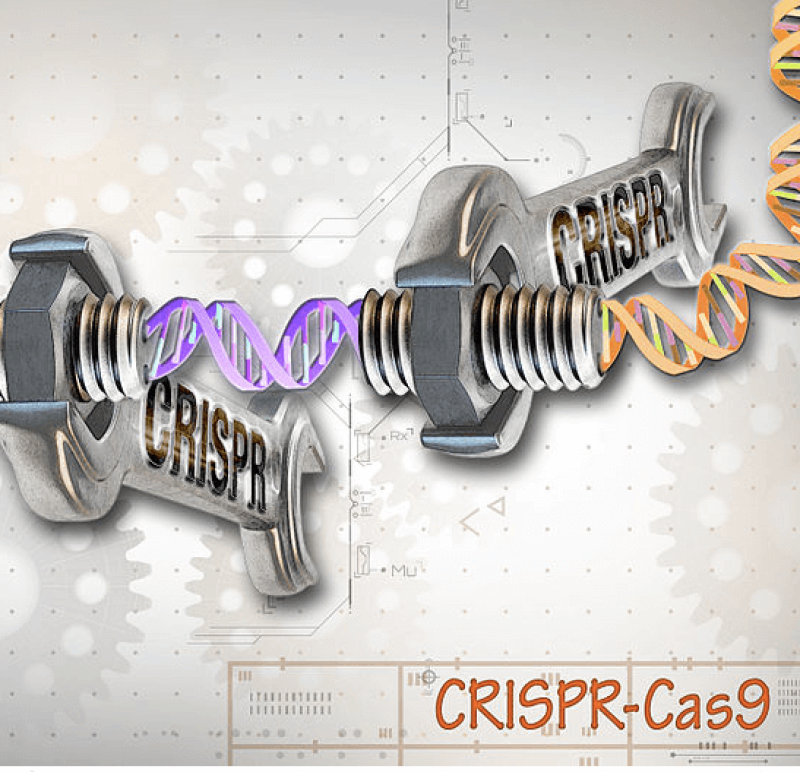The GLP aggregated and excerpted this blog/article to reflect the diversity of news, opinion and analysis.
The [National Academies of Science, Engineering, and Medicine] panel’s report . . . tackles mainstay questions in the well-worn GMO debate. . . . . But it also weighs in on a more immediate conundrum for federal agencies: what to do with gene-edited plants that won’t always fit the technical definition of a regulated GE crop.
. . . .
. . .[T]he new study condemned regulatory approaches that classify products based on the technology used to create them. “The National Academy has been saying since 1987 that it should be the product, not the process,” says Fred Gould, an applied evolutionary biologist . . . and chair of the new report. “But. . . how do you decide which products need more examination than others?”
There, the report makes a new suggestion: Regulators should ask for a full analysis of a plant’s composition. . . to determine when a full safety review is necessary. The authors propose that crops containing different genes, producing a different set of proteins, or carrying out different metabolic reactions than conventionally bred varieties should trigger regulatory review if those differences have potential health or environmental impacts. And if a trait is so new that there’s no conventional counterpart to compare it to … just go ahead and regulate it, they conclude.
Read full, original post: Once again, U.S. expert panel says genetically engineered crops are safe to eat































